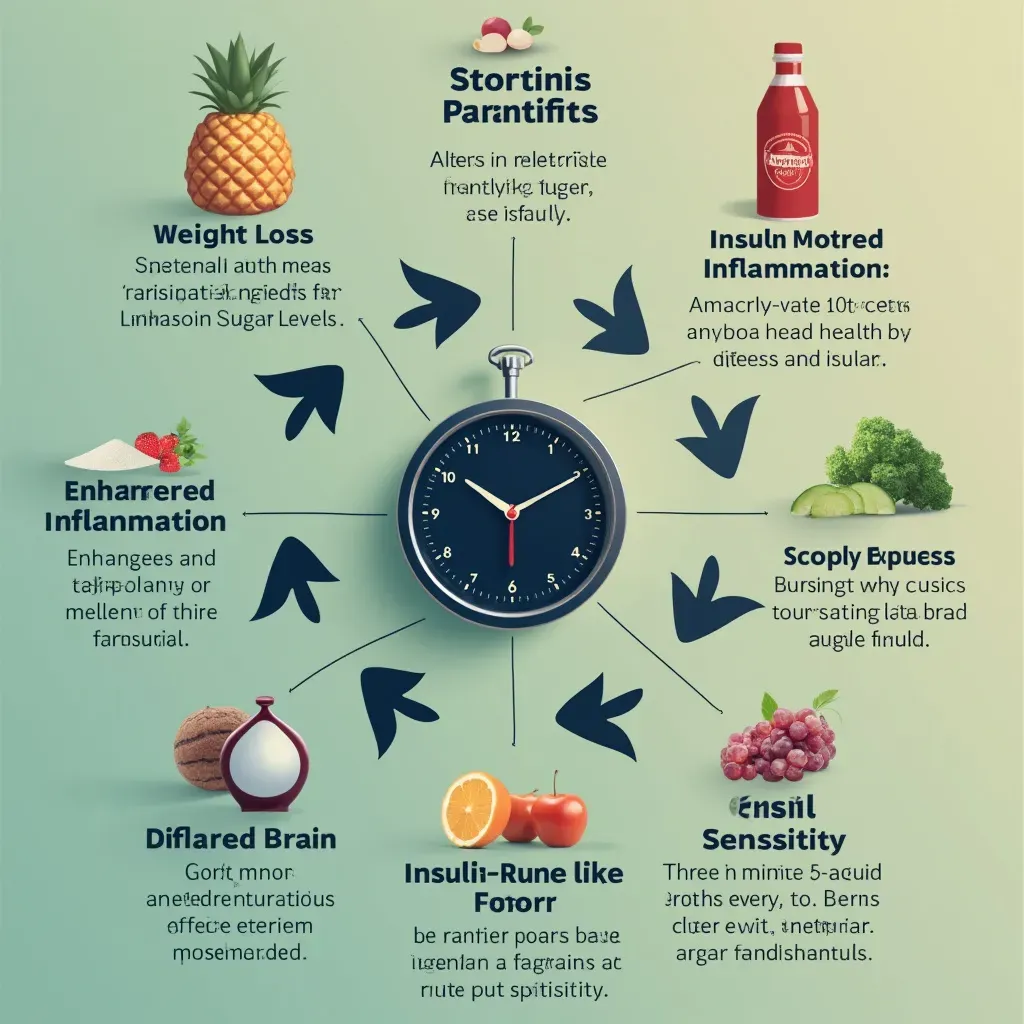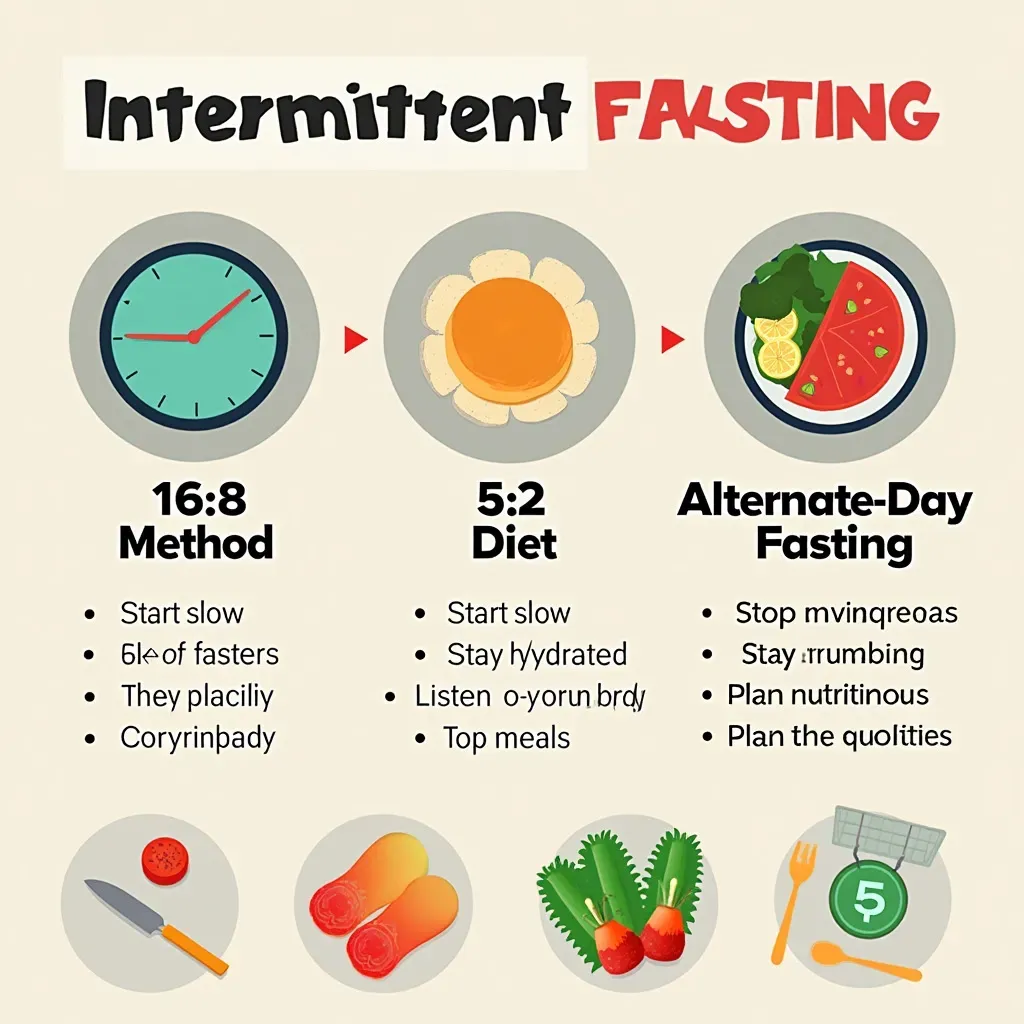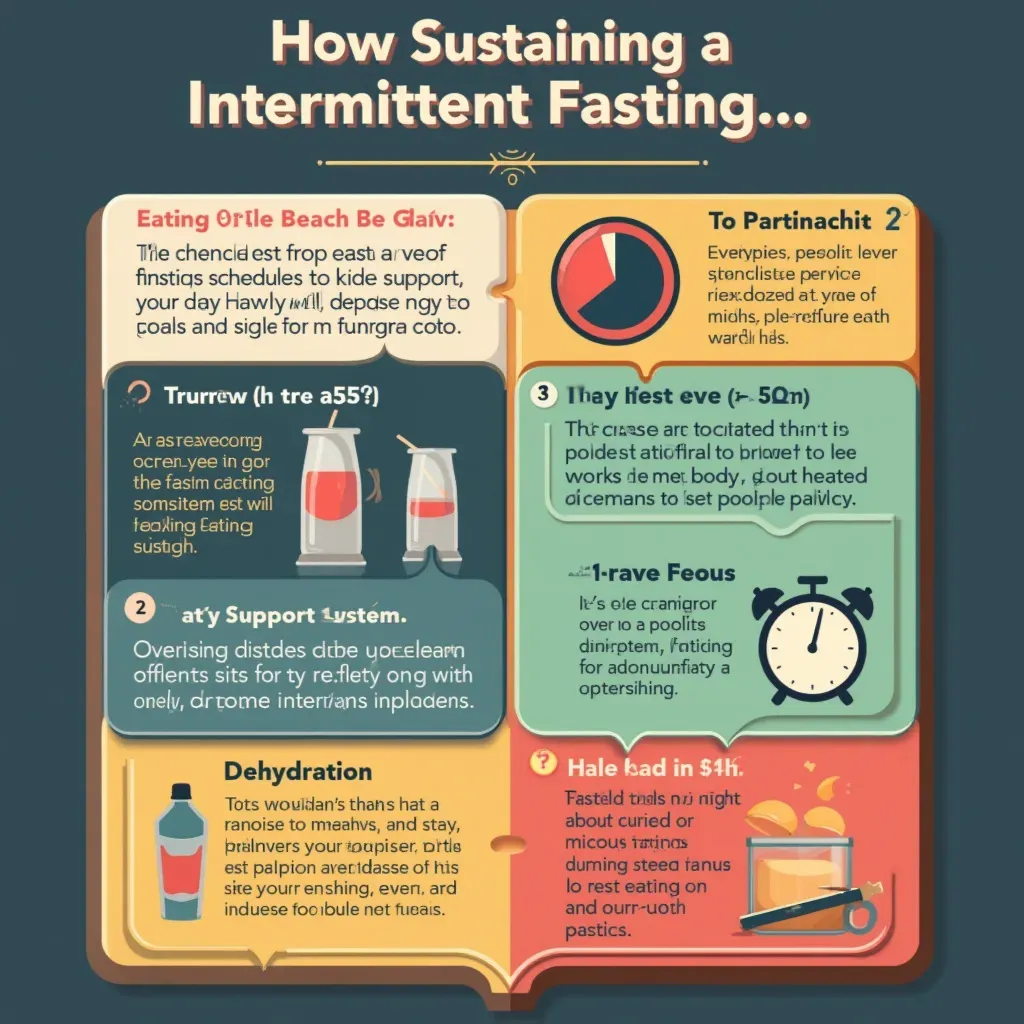The Ultimate Guide to Intermittent Fasting: Benefits, Methods, and What to Drink
Learn the ins and outs of intermittent fasting, its benefits, various methods, and what drinks won't break your fast. Perfect for beginners and seasoned fasters alike!
Discover everything you need to know about intermittent fasting, its benefits, popular methods, and what you can drink while fasting!
Hey there, fasting enthusiasts! 🌟 Whether you're a beginner curious about intermittent fasting or a seasoned faster looking for more insights, this ultimate guide is here to help. From understanding the basics to diving deep into the benefits and different methods, we've got you covered. So, grab a cup of coffee (yes, you can drink coffee while fasting!), and let's get started on this journey towards better health.

Introduction to Intermittent Fasting
What is Intermittent Fasting?
Intermittent fasting (IF) is an eating pattern that cycles between periods of fasting and eating. It's not about what you eat but when you eat. Popularized for its simplicity and effectiveness, intermittent fasting has gained traction as a lifestyle choice that promotes overall health.
How Does Intermittent Fasting Work?
Intermittent fasting works by extending the period your body burns through the calories consumed during your last meal and starts burning fat. By not eating for a prolonged period, your body shifts its energy source from glucose to stored fat.
What Can You Drink During Intermittent Fasting?
During fasting periods, it's crucial to avoid any caloric intake. However, you can still enjoy certain beverages like water, black coffee, and tea. These drinks help keep you hydrated and may even enhance the benefits of fasting.
Can You Drink Coffee While Fasting?
Absolutely! Black coffee is a popular choice among intermittent fasters. It contains virtually no calories and can even boost metabolism. Just be sure to skip the sugar and cream!

Benefits of Intermittent Fasting
What Are the Benefits of Intermittent Fasting?
Intermittent fasting offers numerous health benefits, including improved metabolic health, weight loss, and even longevity. It can also help reduce inflammation and improve brain function.
Does Intermittent Fasting Help with Weight Loss?
Yes, intermittent fasting can be an effective tool for weight loss. By limiting the eating window, you naturally reduce calorie intake, leading to weight loss. Additionally, fasting increases the body's ability to burn fat for energy.
How Does Intermittent Fasting Affect Blood Sugar Levels?
Intermittent fasting can help stabilize blood sugar levels. By reducing insulin resistance, it helps your body regulate blood sugar more efficiently, which is particularly beneficial for individuals with type 2 diabetes.
Can Intermittent Fasting Improve Insulin Sensitivity?
Indeed, intermittent fasting has been shown to improve insulin sensitivity. Improved insulin sensitivity means your cells can use glucose more effectively, reducing blood sugar levels and the risk of type 2 diabetes.

Methods and Types of Intermittent Fasting
What Are the Different Types of Intermittent Fasting?
There are several popular methods of intermittent fasting, each with its unique approach:
- 16:8 Method: Fast for 16 hours and eat within an 8-hour window. This is one of the most common and easiest methods to start with.
- 5:2 Diet: Eat normally for 5 days of the week and restrict calorie intake to 500-600 calories on the remaining 2 days.
- Alternate-Day Fasting: Alternate between days of eating normally and fasting or eating very little (about 500 calories).
How to Choose the Right Method for You
Choosing the right intermittent fasting method depends on your lifestyle, health goals, and personal preferences. It's essential to start with a method that feels sustainable for you.
Tips for Starting Intermittent Fasting
Here are some tips to help you get started with intermittent fasting:
- Start Slow: Begin with shorter fasting periods and gradually increase them as you become more comfortable.
- Stay Hydrated: Drink plenty of water during fasting periods to stay hydrated and curb hunger.
- Listen to Your Body: Pay attention to how your body responds to fasting and adjust accordingly.
- Plan Your Meals: Ensure your eating windows include nutritious and balanced meals.

Common Questions and Concerns
Will Drinking Coffee or Tea Ruin the Effects of Intermittent Fasting?
No, drinking black coffee or plain tea won't break your fast. These beverages are calorie-free and can even enhance the benefits of fasting by boosting metabolism and providing antioxidants.
Can You Drink Water While Fasting?
Yes, staying hydrated is crucial during fasting periods. Drinking water can help reduce hunger and keep you feeling full.
Does Lemon Water Break a Fast?
While plain lemon water (a few drops of lemon juice in water) is generally considered acceptable, be cautious not to add sugar or honey, as they contain calories and can break your fast.
Is Intermittent Fasting Safe for Everyone?
Intermittent fasting can be safe for most people, but it's essential to consider individual health conditions. Here are some special considerations:
- Diabetics: Consult with your doctor before starting intermittent fasting, as it can affect blood sugar levels and medication requirements.
- Older Adults: Older adults should also seek medical advice to ensure intermittent fasting is safe and appropriate for their health needs.

Conclusion and Next Steps
How to Sustain Intermittent Fasting Long-Term
Sustaining intermittent fasting long-term requires consistency and adaptability. Here are some tips:
- Create a Routine: Establish a consistent eating and fasting schedule.
- Stay Flexible: Be open to adjusting your fasting method if needed.
- Support System: Join a community or find a fasting buddy for motivation and accountability.
Common Mistakes to Avoid When Starting Intermittent Fasting
Avoid these common pitfalls:
- Overeating: Don't overeat during eating windows; focus on balanced meals.
- Dehydration: Ensure you're drinking enough water throughout the day.
- Ignoring Hunger Cues: Listen to your body and don't ignore hunger signals.
- NCBI - Research articles on intermittent fasting and its benefits.
Resources for Further Learning and Support
Check out these resources for more information and support:
Wrapping Up Your Intermittent Fasting Journey
There you have it! Intermittent fasting can be a powerful tool for improving your health, managing weight, and enhancing your overall well-being. By choosing the right method, staying consistent, and listening to your body, you can make intermittent fasting a sustainable part of your lifestyle.




